Influencer Marketing Can Boost Your Hospitality Business – How to Do It Effectively
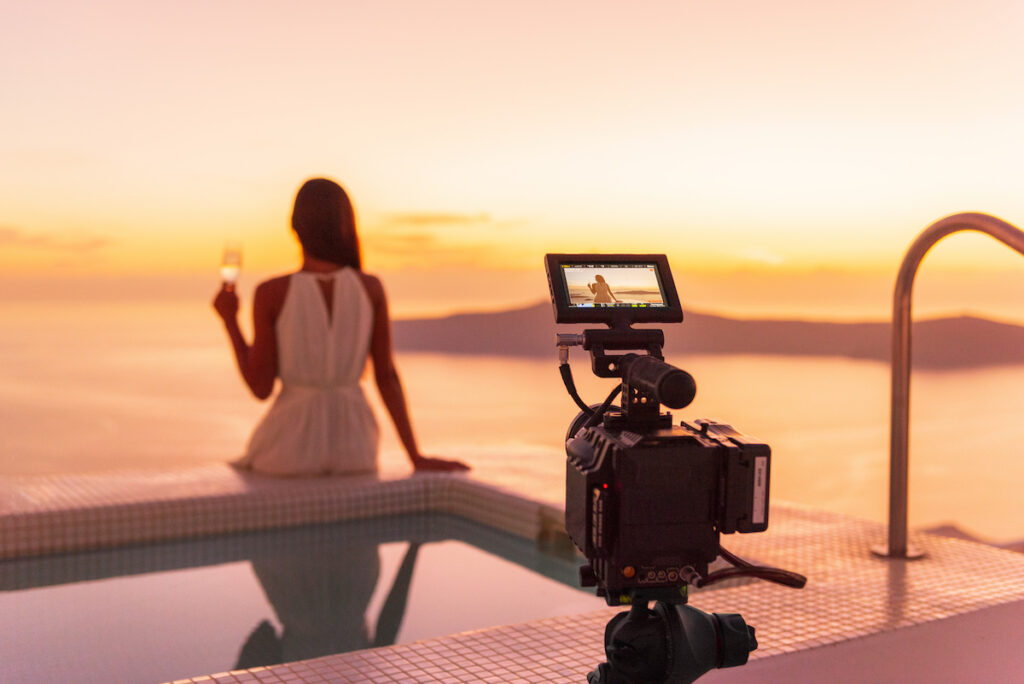
By Cory Falter, Principal at Lure Agency
What do you think of when you hear the term “influencer?” What about a “travel influencer?”
There’s a lot of fuss surrounding this new career, as well as the worth of influencer marketing for hotels and the tourism industry. The question is, should your hotel be working with influencers—or is this just a passing advertising trend that doesn’t hold real value?
The booming popularity of social media has allowed us to connect with customers like never before. Years ago, consumers decided what to buy based on TV advertisements, magazine ads, and their own research and intuition.
Now, consumers can simply log onto their social media apps and discover a slew of personal recommendations from peers, friends, family, and of course, their favorite celebrities and influencers.
Social media influencer marketing is one of the most effective ways to build brand awareness if you want to insert yourself into customers’ decision-making processes.

According to recent research, working with influencers is one of the fastest-growing marketing campaign strategies for attracting more online consumers—even over email and organic search marketing.
Social media influencers can be a viable source of content marketing for hospitality businesses. In this post, we’re going to delve deeper into the value of influencer marketing, why it works so well, and discuss past examples of successful influencer campaigns for hospitality brands.
What Is “Influencer Marketing” and How Does It Work?
In the most basic terms, influencer marketing is when content creators with a niche following partner with brands to showcase and endorse their product or service to their online community. Influencers are commonly found on social media platforms such as Instagram, Twitter, and TikTok. Some bloggers with a sizeable following and strong online presence can also be influencers.
Influencer marketing has been proven to be a worthwhile investment for many hotel and lifestyle marketing campaigns. The majority of brands and marketers that utilize influencer campaigns report a significant return on investment.

According to the latest poll by Tomoson, businesses can make an average of $6.50 in revenue for every $1 spent on influencer marketing.
With an ROI that high, it’s no wonder why so many businesses are budgeting for influencer marketing. A study conducted by the American Marketing Association in 2020 found that:
- Approximately 57% of businesses reported that they will increase their influencer marketing budgets.
- Also, 11% to 25% of businesses said that they planned to spend over 40% of their digital marketing budgets on influencer marketing.
There is sound reasoning for businesses to budget for and increase the use of influencers in their hotel sales strategies. People tend to trust the voices of those they see on social media, especially younger audiences.
Edelman, a global communications firm, supported this when they asked 1,500 consumers between the ages of 18-34 about their relationship with and trust in influencers. Of those polled, 63% reported that they trust influencers more than an advertisement created by brands.
Younger generations trust influencers more than traditional advertisements that feature celebrities or models. Why? They consider influencers to be more relatable and trustworthy. These social media stars are often people who would not be regarded as famous outside of social media, and therefore, they seem more down-to-earth.
Brands have also reported that they prefer working with influencers to celebrities because they see a more significant ROI. A survey of more than 500 marketing professionals found that 80% of marketing executives have more success with influencer campaigns than past collaborations with models, athletes, movie stars, and musicians.
Also, influencers tend to dedicate their pages to one specific niche, making it easier to find partners for tourism brands. When hospitality and tourism brands partner with content creators who focus their social media on adventure and travel, they often see positive engagement.
Influencers are considered experts in their niches. Many influencers center their social media pages and blogs on one specific topic, such as travel and adventure, or maybe even “lifestyle.”
By doing this, influencers can attract audiences who share similar interests and hobbies. They become trustworthy sources of advice and recommendations to their followers—“influencing forces” within their industry.
If you’re still on the fence about incorporating influencer marketing into your hospitality and hotel marketing strategy, consider its projected growth. According to Business Insider, the influencer marketing industry is set to hit $15 billion by 2022.
But we don’t expect you to just take our word for it. Here are some real-life marketing examples.
Hospitality and Influencer Marketing Success Stories
Influencer marketing can be a rewarding tactic for lead generation for hotels when they take the right approach and partner with the appropriate influencer. Let’s look at a few examples of influencer marketing campaigns that worked wonders for other hospitality brands.
1. Marriott Rewards Snapchat Ads:
Marriot partnered with four social media influencers as part of a campaign to promote Marriot’s International Rewards Program towards a younger audience (Millennials and Gen Z). These influencers each took over Marriot’s official Snapchat for a week to share their travel experiences in Berlin, Seoul, Dubai, and New York.
According to Snapchat Business, this campaign generated a total of 934k minutes viewed and increased brand awareness by six percent. The campaign was able to expand its brand awareness and rewards program to its intended audience.
Younger audiences responded well to the campaign. It was unscripted and casual, which lent the promotion an air of credibility and reliability.
2. Moxy Hotels “Do Not Disturb” Campaign:
In 2015, Moxy Hotels teamed up with social media and YouTube star Taryn Southern to promote their line of hotels. Together, they developed an eight-episode series called DO NOT DISTURB that aired on Moxy’s official YouTube channel.
The series features Taryn interviewing other well-known influencers and celebrities in the rooms of one of Moxy’s hotels.

Moxy chose this method in an effort to make their chic and budget-friendly hotels attractive to young Millennials. At the end of 2015, the web series had brought in over 135,000 engagements on The Moxy Hotel’s Instagram. This campaign was so successful that Moxy Hotels worked with Southern to develop a second season of the web series the following year.
3. Sun Peaks Resort Instagram Campaign:
Sun Peaks is a small ski resort in British Columbia that wanted to increase awareness and show off its features, such as crowd-free ski lifts, seasonal activities, and views. They worked with an agency to design an influencer campaign that targets adventurous people in the British Columbia and Pacific North West area. Sun Peaks partnered with one of the top followed travel and adventure influencers in the region, Callum Snape (@Calsnape).
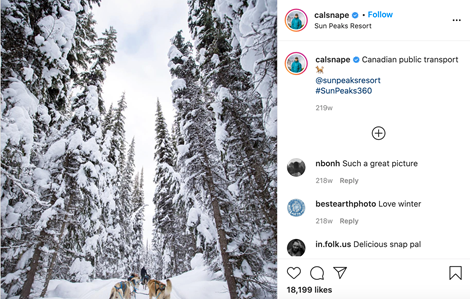
This campaign drove over 200,000 article views and successfully created interest with their target audience—young adventurers traveling to their area of Canada. The Sun Peaks influencer campaign highlighted the resort as an “insider secret”—not a generic ski resort that just anyone will show up to enjoy.
4. Qantas Airlines Hires an Influencer to Their Marketing Team:
Qantas Airlines gave Nicole Warne (Gary Pepper Girl), one of Australia’s most influential travel personalities, a job as one of their digital consultants. Her content creation expertise has allowed the airline to update and develop relatable content for its audience. As part of their partnership, Nicole frequently posts about the airline, expanding their international network.
Each of these successful marketing campaigns utilized influencers whose following matched their intended audience. Also, each brand allowed their partnered influencers creative freedom in their content, which made the campaign relatable to the influencer’s following.
Tips for Using Influencers to Market Your Hospitality Business
1. Focus on Your Audience
The purpose of influencer marketing is to expose your hospitality brand to your target audience and persuade customers to stay, eat, and spend money at your business. Therefore, you need to focus your efforts on your intended audience.
The first step is to identify your audience. For example, a budget-friendly ski resort, like Sun Peaks, would benefit from targeting young adventurers. Once you have identified your target audience, it becomes easier to search for influencers with similar content and followers.
Online content research tools can be used to help businesses find influencers that match their identity and market. These tools search social networks for relevant keywords and relevant topics to help you find online communities related to your brand. Some examples of content research tools include Awario, Traackr, and BuzzSomo.
2. Find the Right Influencers for Your Campaign
The hospitality success stories mentioned earlier all had one thing in common: they all partnered with an influencer (or influencers) that fit their campaign goal.
Influencers need to be trusted and followed by people that align with your intended audience. Everything that an influencer says about your brand should be adding value. Therefore, you must find the right one with whom to work.
When looking for an influencer that matches your brand, the number of followers isn’t everything. You want to make sure that the influencer you chose has an engaged following. Take a look at the number of likes and comments that the influencer has in comparison with followers.
Influencers with low engagement from their followers will likely fail to generate enough exposure for your hospitality and tourism business. On the other hand, an influencer whose engagement and following are better proportioned will show off your brand to an audience who has their attention.
Once you have found an influencer that matches your intended audience and has a high engagement level, the next step is to reach out. Start by contacting influencers on social media -that’s where they are most likely to see your partnership request. Your second-best bet is by email if they have one publicly listed.
3. Respect the Influencer
Getting an influencer to agree to a partnership that includes digital marketing for hotels is not always easy. Many influencers are highly selective about which brands with whom they decide to partner. They want to work with brands that match their morals, aesthetics, and followers’ interest.
Be mindful that popular influencers, especially those that focus on travel, likely have a constant flow of partnership requests from other hospitality and tourism brands. It can be highly competitive to obtain a quality partnership for your hospitality and tourism brand.

For example, The Blonde Abroad is a travel influencer and blogger with over 500k followers on Instagram. She has partnered with tourism brands such as Skyscanner and has been featured in a variety of magazines.
Influencers like her have already built respect and trust amongst their followers—without your help. They’re likely highly selective about who they’ll work with going forward, so you’ll need to offer a partnership that’s mutually beneficial and attractive.
Introduce yourself in a personable and friendly manner. Instead of solely focusing on how your partnership could benefit the influencer, focus on how it can benefit their followers. Will you offer a promo code for their audience? Information that’s useful?

According to an influencer poll by MediaKit, influencers value relevance and trust in partnerships far more than a paid partnership. However, they also want to work with highly relevant brands and be allowed a degree of creative freedom.
You must present how your brand will be of interest to the influencer’s online community. What are they getting out of it? Why should they work with him?
4. Allow the Influencer Creative Freedom
Speaking of “creative freedom,” be prepared for influencers to come with their own creative suggestions (or even demands). Your marketing campaign should be flexible, and in the end, you’ll need to trust the influencer. They likely know what’s best for their audience, which they’ve been building for years.
Social media influencers are considered experts in their particular field—whether their page is dedicated to travel or other tourism-related activities. The influencer has their own unique way of engaging their audience, so it’s best to refrain from telling the influencer how exactly the partnership should work or what they should talk about.
Instead, give the influencers the context of your brand and a broad guideline of what exactly you would like them to highlight. Then, allow them to create the content as they see fit. Crowdtap found that 77% of influencers are more willing to repeatedly work with brands that would enable creative freedom.
Be flexible and allow the influencers some autonomy. Influencers are promoting both your brand and their page. They know how to generate content that engages their audience and incorporates your hotel marketing ideas.
Final Thoughts
Social media has changed the way hospitality and tourism brands, as well as hotel marketing companies, can reach audiences. Influencer marketing allows users to glimpse into the activities, views, and features your tourism brand offers.
Influencer marketing is not going away anytime soon, and studies suggest it is one of the best marketing tools for generating revenue. Businesses of various industries are budgeting more for influencer marketing—because it works.
When you reach out to influencers, be sure that they have quality engagement and are the right fit for your brand. Trust that the influencer you partner with is an expert in their field. Allow them to create their original content so they can best communicate your brand to their audience.

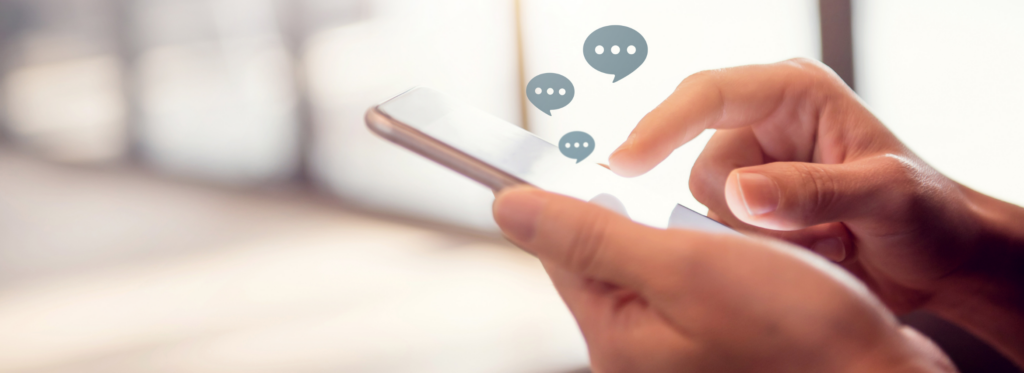


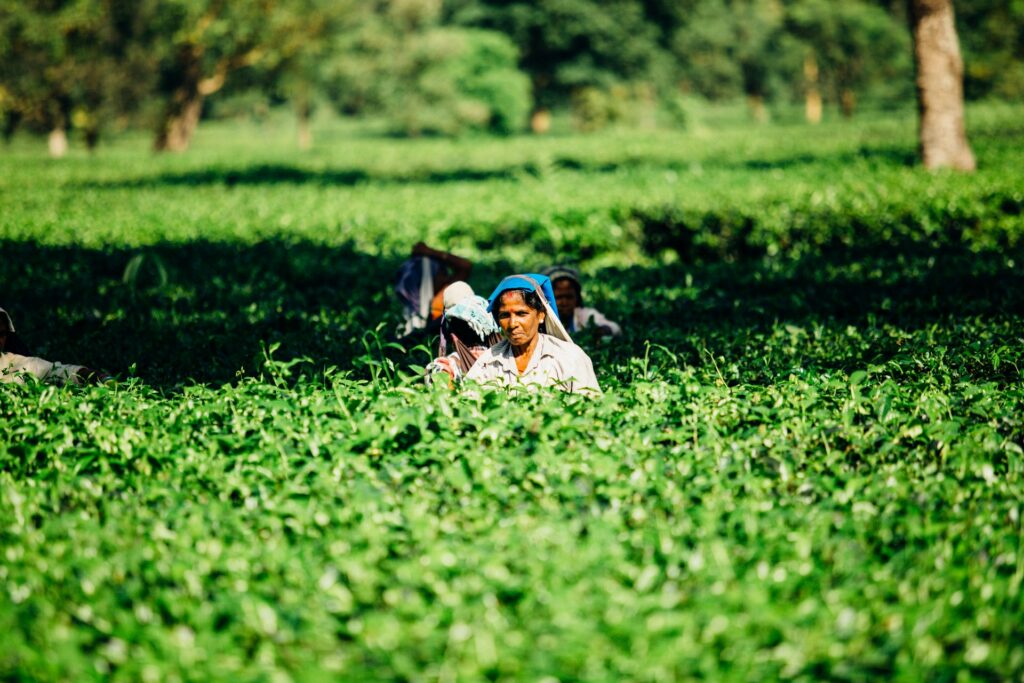
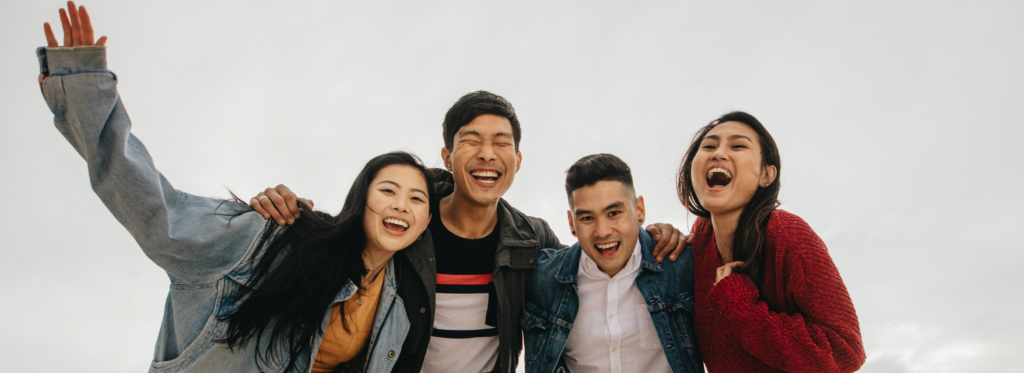
Responses